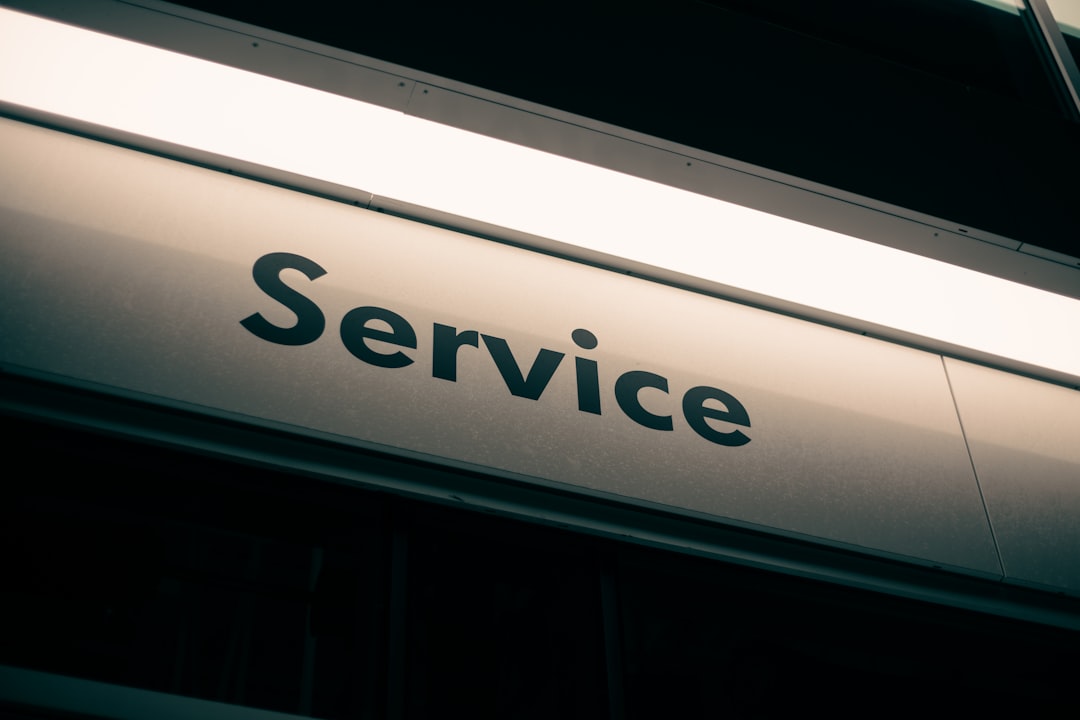
As a homeowner in Rhode Island, you understand the importance of having a properly functioning septic system. A septic system is a critical component of your home’s plumbing infrastructure, responsible for treating and disposing of wastewater generated by your household. However, a poorly installed septic system can lead to a host of problems, including backups, overflows, and even environmental contamination. In this article, we will explore the importance of proper septic system installs in Rhode Island and provide guidance on how to ensure your system is installed correctly.
1. Understanding the Basics of Septic Systems
Before we dive into the importance of proper septic system installs, it’s essential to understand the basics of how septic systems work. A septic system typically consists of a septic tank, a drainfield, and a distribution box. The septic tank is where wastewater from your home is collected and treated. The treated wastewater then flows into the drainfield, where it is further treated and filtered before being released into the soil. The distribution box is responsible for distributing the wastewater evenly throughout the drainfield.
2. The Consequences of Poorly Installed Septic Systems
A poorly installed septic system can have severe consequences for your home and the environment. One of the most common issues is backups and overflows. When a septic system is not installed correctly, it can lead to clogs and blockages, causing wastewater to back up into your home. This can result in costly repairs and even health hazards. Additionally, a poorly installed septic system can contaminate groundwater and surface water, posing a risk to the environment and public health.
3. The Importance of Proper Installation
Proper installation is critical to ensuring your septic system functions correctly and efficiently. A poorly installed septic system can lead to a host of problems, including:
* Inadequate treatment of wastewater
* Increased risk of backups and overflows
* Contamination of groundwater and surface water
* Reduced lifespan of the septic system
4. Factors to Consider When Installing a Septic System
When installing a septic system, there are several factors to consider. These include:
* Soil type and condition: The type and condition of the soil in your yard can affect the performance of your septic system. For example, if your soil is heavy clay or sandy, it may require a different type of septic system.
* Water table: The water table in your area can also impact the performance of your septic system. If the water table is high, you may need to install a septic system that is designed to handle this condition.
* Lot size and shape: The size and shape of your lot can also affect the installation of your septic system. For example, if your lot is small or irregularly shaped, you may need to install a septic system that is designed to fit your specific needs.
5. How to Ensure Proper Installation
To ensure proper installation of your septic system, it’s essential to work with a qualified and experienced septic system installer. Here are some tips to keep in mind:
* Research local regulations: Familiarize yourself with local regulations and ordinances regarding septic system installation.
* Choose a qualified installer: Look for an installer who has experience and a good reputation in the industry.
* Inspect the site: Inspect the site where the septic system will be installed to ensure it is suitable for the system.
* Monitor the installation: Monitor the installation process to ensure it is done correctly and according to code.
6. Maintenance and Repair
In addition to proper installation, regular maintenance and repair are also critical to ensuring your septic system functions correctly. Here are some tips to keep in mind:
* Regular inspections: Regularly inspect your septic system to identify any potential issues before they become major problems.
* Pumping: Pump your septic tank regularly to remove sludge and scum that can accumulate and cause problems.
* Repair: Repair any issues promptly to prevent them from becoming major problems.
7. The Benefits of Proper Septic System Installs
Proper septic system installs offer numerous benefits, including:
* Reduced risk of backups and overflows
* Increased efficiency and effectiveness of the septic system
* Reduced risk of contamination of groundwater and surface water
* Increased lifespan of the septic system
8. Conclusion
In conclusion, proper septic system installs are critical to ensuring your home’s plumbing infrastructure functions correctly and efficiently. A poorly installed septic system can lead to a host of problems, including backups, overflows, and environmental contamination. By understanding the basics of septic systems, considering the factors that affect installation, and working with a qualified installer, you can ensure your septic system is installed correctly and functions properly. Regular maintenance and repair are also essential to ensuring your septic system remains in good working order. By following these tips, you can enjoy the benefits of a properly functioning septic system and protect your home and the environment.